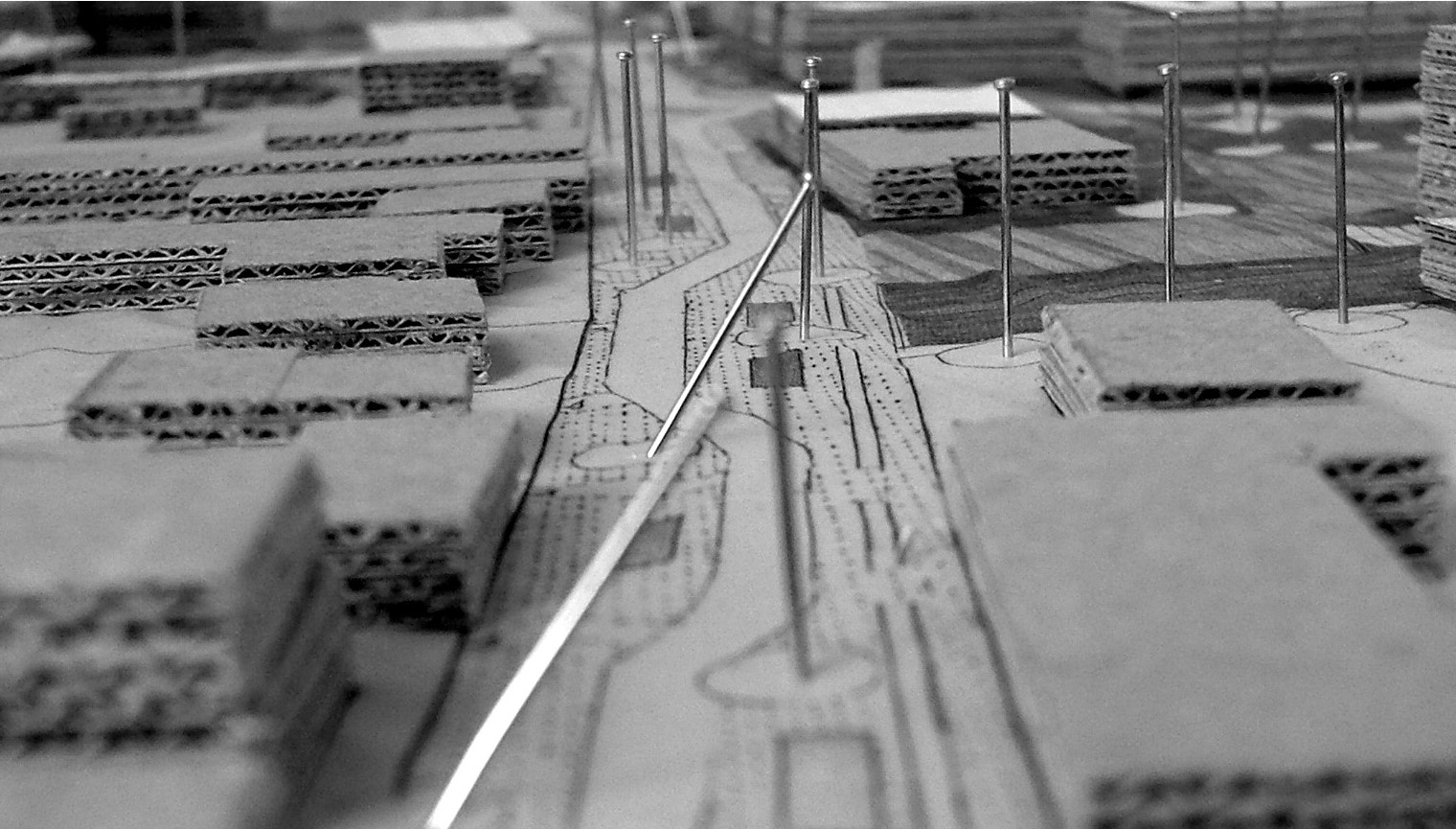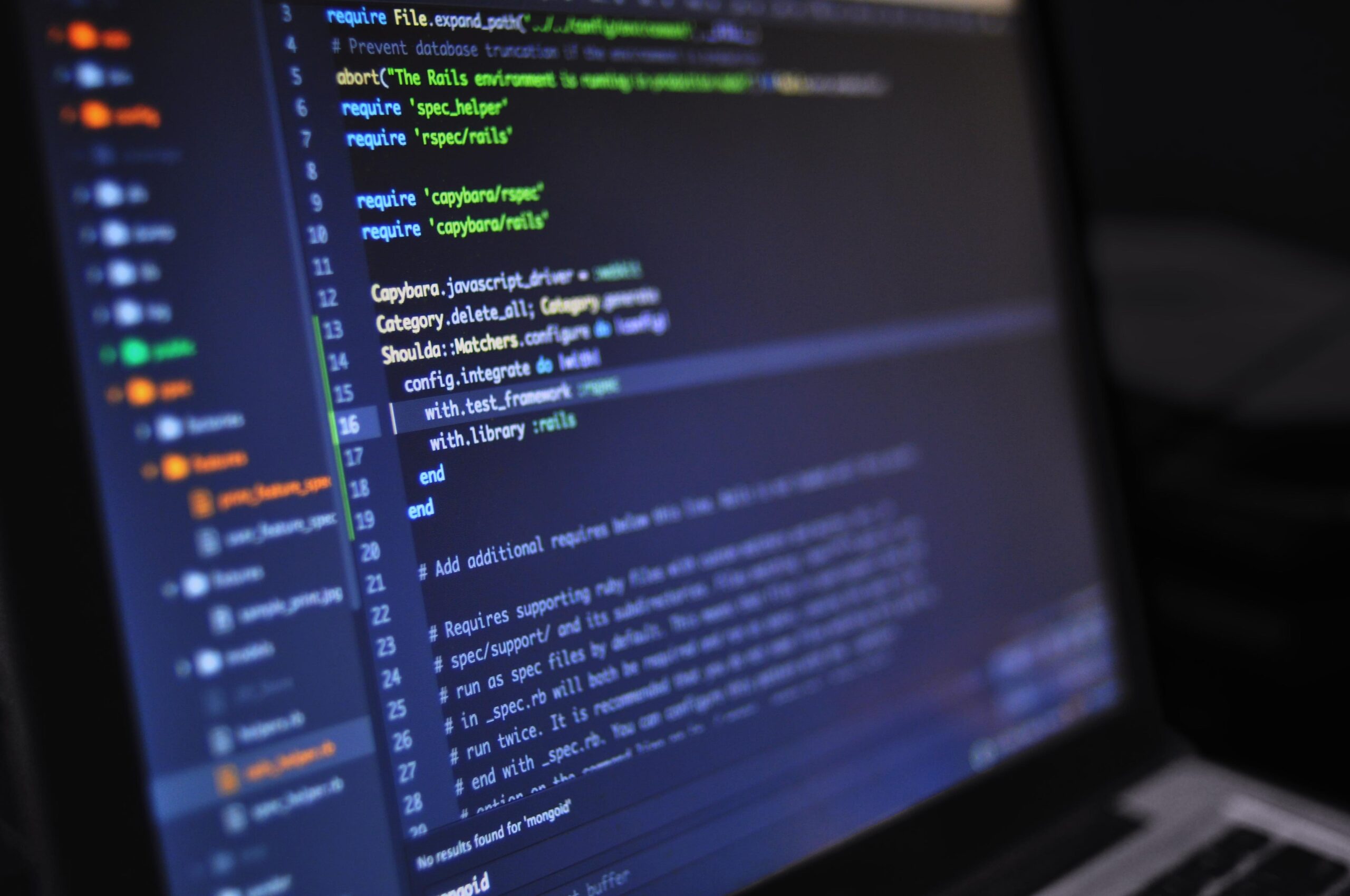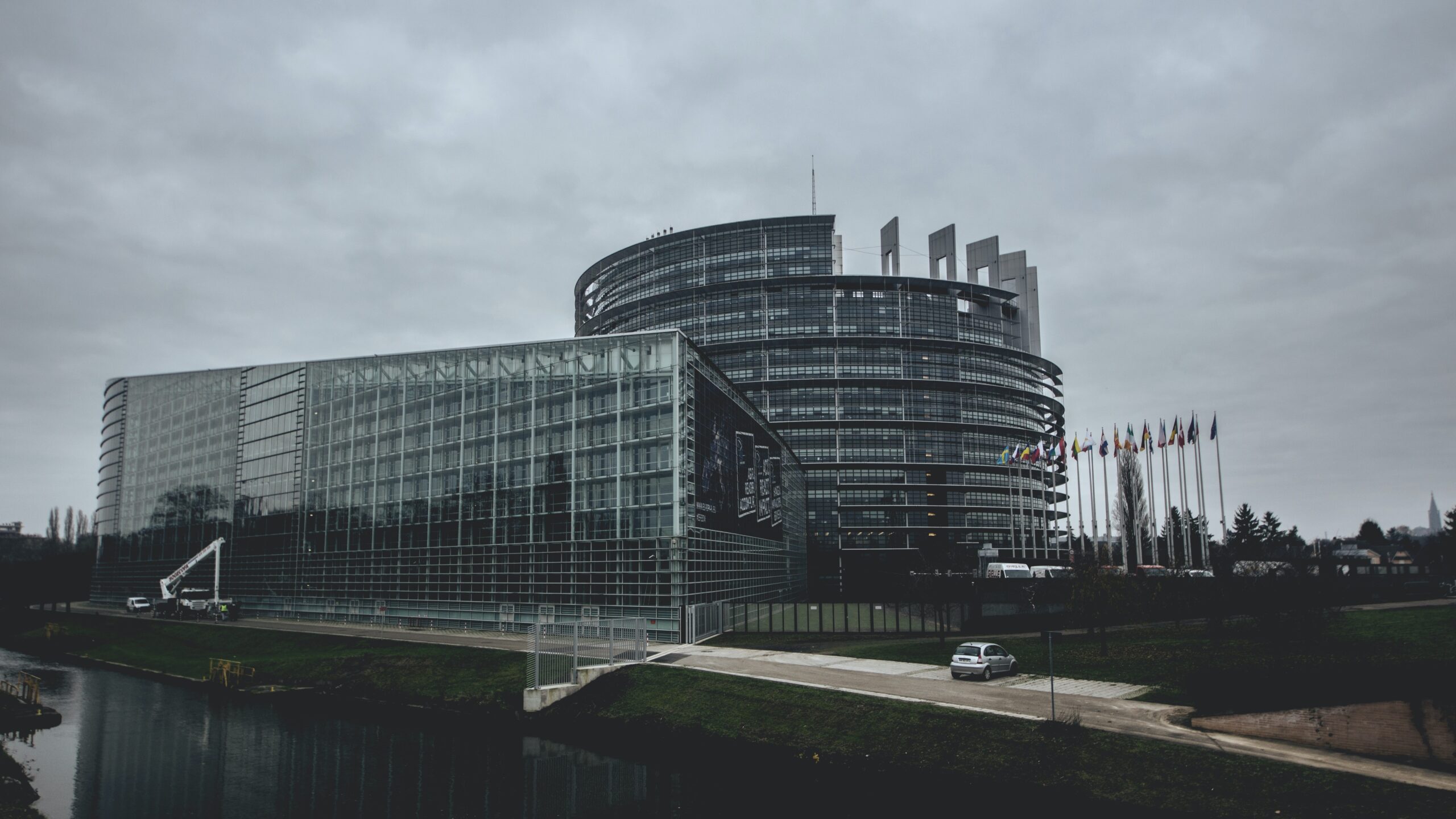E-Government and Digitalization

Comment on the EU Commission Recommendation of 8 April 2020
Vincenzo Terracciano | 30 September 2020 | Issue 3/2020
On 8 April 2020, the EU Commission published a Recommendation on the principles to be followed in drawing up the guidelines to be used in the development of the new digital technologies that are emerging in the different Member States to counter the Covid-19 emergency ("toolbox").
Read More
Financing public works with blockchain technology: new forms of public-private collaboration for a more effective bottom-up fundraising and a more effective participation of the population
Benedetta Cappiello, Gherardo Carullo, Marco Pagani, Mariaelena Attardo | 27 May 2020 | Issue 2/2020
The article proposes new forms of participation and financing of public works that ensure the involvement of the population thanks to the solutions made possible by blockchain. The contribution starts from the consideration that the financing of public initiatives affects administrations and citizens closely, both as users and as taxpayers. The city is thus understood as an innovation laboratory, where virtuous solutions can be experimented and implemented while maintaining a close connection to the population. To this end, concrete solutions are proposed for innovative, traceable and sustainable financing of public infrastructures, activated with the new tools developed on blockchain technology.
Read More
Covid-19 emergency and smart working: Public Administration becomes (more) agile
Eleonora Vailati | 5 May 2020 | Issue 2/2020
The paper analyses the recent provisions on agile work adopted by the Italian Government to address the Covid-19 emergency, according to the existing regulatory framework and in accordance with the goal of digitalizing Public Administration.
Read More
Prometea experience. Using AI to optimize public institutions
Juan G. Corvalán, Enzo Maria Le Fevre Cervini | 1 May 2020 | Issue 2/2020
Prometea is an artificial intelligence created in Argentina within the scope of the Innovation and Artificial Intelligence Laboratory of the School of Law of the University of Buenos Aires and the Public Prosecutor's Office of Buenos Aires, with the main goal of accelerate bureaucratic processes and free up time for the analysis of complex cases. Its biggest milestone is to predict a solution to a court case in less than 20 seconds, with a 96% success rate. Furthermore, it is able to identify urgent cases –within large volumes of files– in just 2 minutes, which would normally take a human being 96 days. Taking advantage of this AI, while working to consolidate Digital Governments and universal ICT access, we aspire to promote a transition towards a new archetype of public organizations that will make them exponential.
Read More
Digitization of controls at the time of the coronavirus
Gherardo Carullo | 31 March 2020 | Issue 1/2020
Due to the coronavirus emergency, public authorities are faced with the unprecedented challenge of ensuring that the entire national population complies with the measures to contain the pandemic. Against the very high number of checks to be carried out, and the limited resources available to the police, the contribution examines how technology can be a valid support in the activities of administrations.
Read More
Parliamentary democracy facing Coronavirus by (also) technologies
Giancarlo Vilella | 28 March 2020 | Issue 1/2020
Among its many effects, the Covid-19 health emergency has put the functioning of democratic institutions under an unusual pressure. Parliaments are forced to give the executive branch powers to deal with the exceptional situation the virus has created. If proper balancing measures are not taken, there are risks for democracy in the near future. The article examines how the EU Parliament has faced this challenge, both from a legal point of view, and the technological solutions that have been implemented. The aim is to provide a relevant example for future developments.
Read More